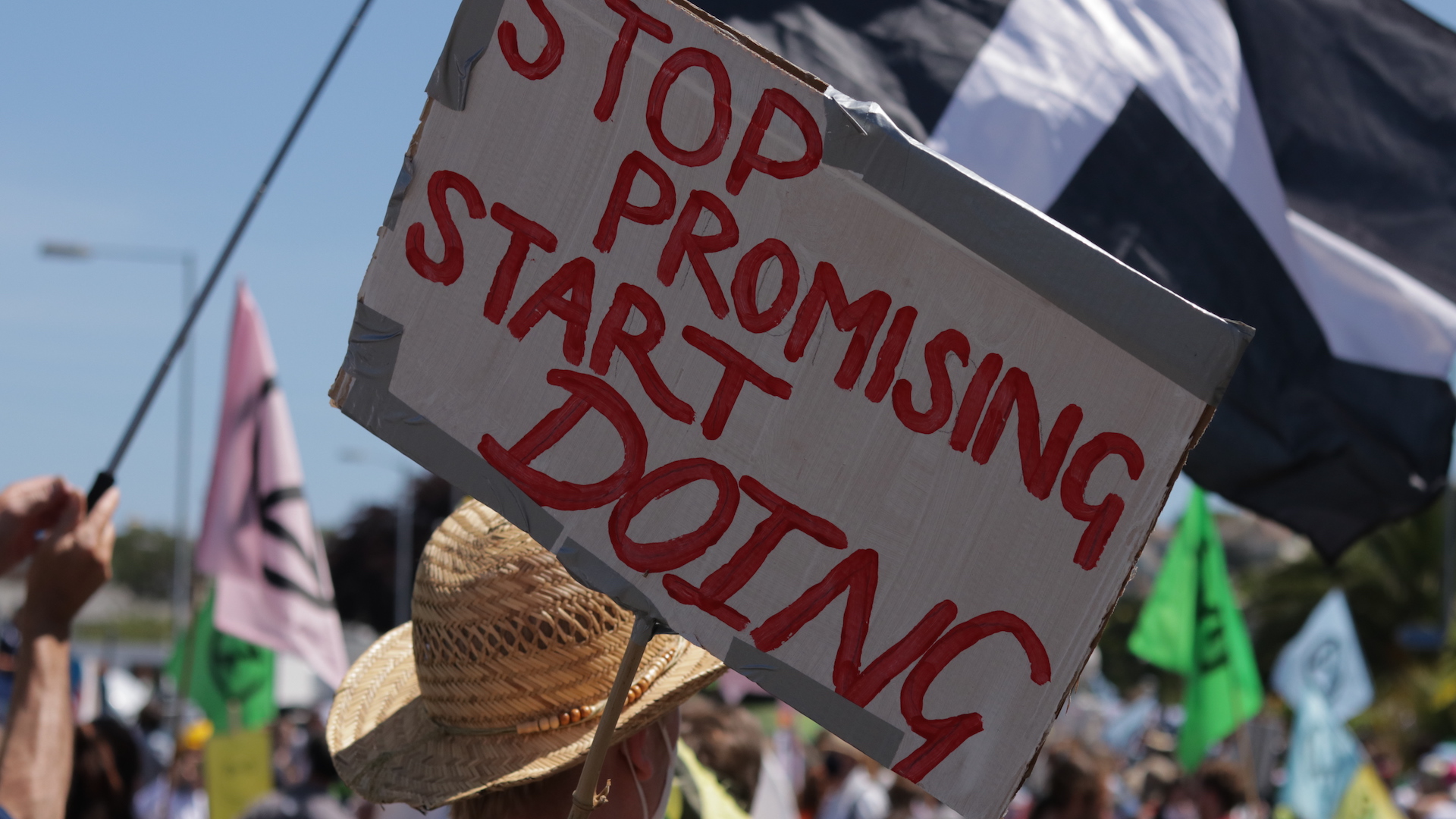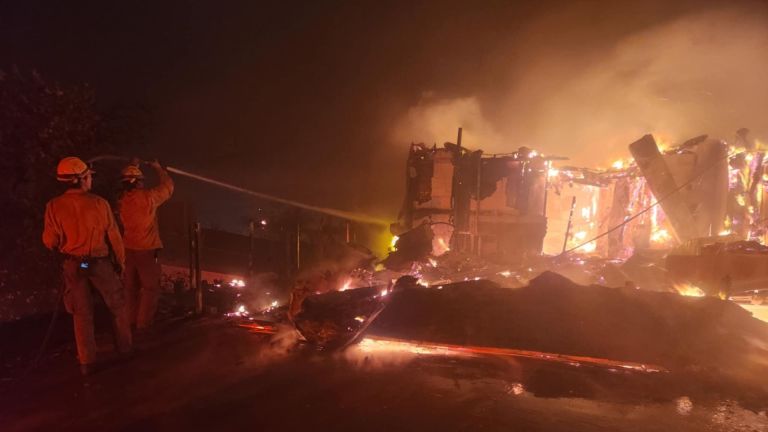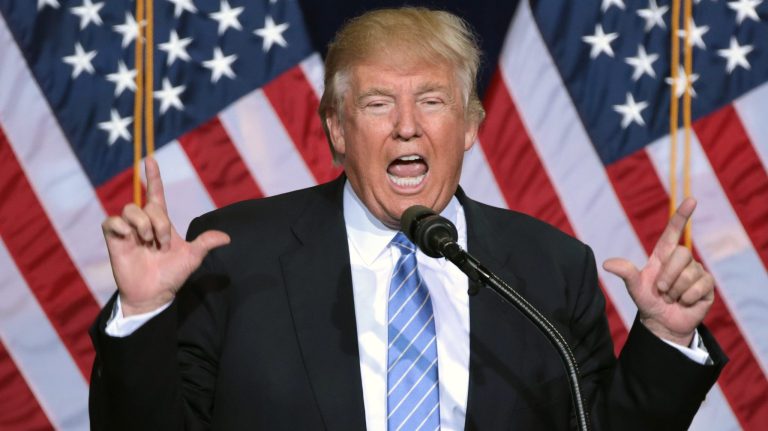“We are in the midst of a collective act of global, social evil which is unprecedented in all of history. We spend more time measuring it than trying to stop it,” said Clare Farrell, co-founder of Extinction Rebellion, which said in a statement “taking to the streets together is the only reasonable response to the many crises we now face”.
The environmental group is organising two weeks of civil disobedience in London in response to the IPCC report, starting on August 23. Campaigners will target the “root cause” of the crisis — the “political economy” — and demand the UK government stops all fossil fuel investment immediately. The world’s wealthiest countries have spent nearly £30bn more on fossil fuels than green energy since since the start of the pandemic.
“We don’t need any more data to tell us how bad it is, we need to understand how change works,” Farrell added. “The time to work together is now, mass movements can create rapid change and we are in open rebellion until we see real action.
“This government is a joke, telling us how to wash our dishes when they should be leading the world towards a mobilisation that saves humanity. The UK has a duty to set a good example and other countries will follow. People want to live, but we need leadership and it’s nowhere to be seen.”
The activists will occupy buildings and roads in the English capital as well as holding “crisis talks”, bringing people together to discuss the impact of the crisis on their communities and plan for the future.
Those who can’t get involved in direct action themselves can back the groups trying to take powerful governments to court over their handling of the climate crisis, including Youth For Climate Justice.
With the help of a team of lawyers in London, six young people from Portugal are taking legal action against 33 European governments — including the UK — for “categorically failing” to avert the “single greatest threat to humanity”.
The European Court of Human Rights fast-tracked the case based on the “importance and urgency” of the argument, and subsequently rejected a request from the governments concerned to overturn that decision.
Support The Big Issue and our vendors by signing up for a subscription
The campaigners are fundraising for the case and created a digital toolkit for those who want to help put pressure on politicians from home and test governments’ climate policies in court.
Experts have been clear that changing household habits alone cannot cut carbon emissions drastically enough to save the climate, but agree it’s still worth doing – and could be among the most effective ways to influence politicians and companies.
That can mean eating less meat and less dairy in order to reduce methane emissions from agriculture, which the IPCC said is crucial in tackling the crisis. While CO2 is the main driver of global warming, methane is more powerful in trapping heat, meaning cutting methane could be disproportionately beneficial in the fight to protect the planet.
Efforts to drive less and walk or cycle more could clean up UK cities as well as reducing emissions, while showing politicians there is real demand for affordable and convenient public transport.
Changing ones bank could have an impact too. Banks can use customers’ money – whether held in an account, pension or other investments – to loan to or invest in businesses around the world. That can mean your money goes to building an oil pipeline, or deforesting projects which displace vulnerable communities.
And people who are unhappy with the government’s handling of the climate crisis can tell politicians directly. Find out how to contact your MP here.









